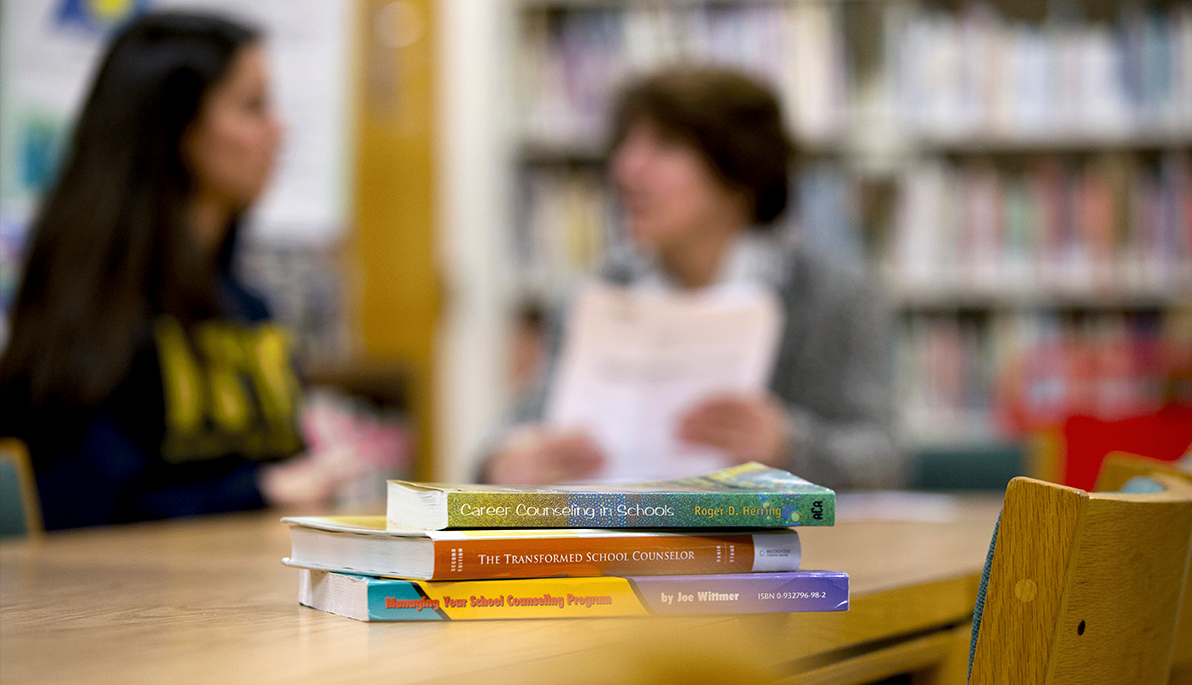News
More School Counselors Could Help Address America’s Youth Mental Health Crisis
January 9, 2023
Last fall, more than 130 children’s organizations urged President Joe Biden to declare a national emergency in response to America’s youth mental health crisis; and an expert panel recommended that children ages 8 to 18 receive routine screenings for anxiety.
These developments drew new attention to a worsening situation, yet concrete strategies for improving youth mental health are often missing from the discussion, notes Assistant Professor of School Counseling (M.S.) Cameka Hazel, Ed.D. “One of those strategies should be expanded access to school counseling,” she writes in an op-ed in Salon.
School counselors are trained to help K-12 students reach their goals by addressing academic, career development, emotional, and social challenges. Their skill sets go beyond assisting students with navigating classroom conflicts and college readiness; they are also trained to recognize mental health warning signs. And yet they remain all too uncommon.
Well beyond COVID-19, other causes of youth depression and anxiety include cyberbullying, traumatic experiences, marginalization, and school shootings, which have far-reaching effects and can also traumatize those who did not personally experience the violent acts, Hazel notes.
School counselors could help arrest these trends. But roughly a fifth of all students in grades K-12 have no access to counseling in their school.
The American School Counselor Association recommends one counselor for every 250 students, but the average ratio nationwide is about one to 400. “At least 20 states don’t even have school counselor mandates on the books,” she writes, adding that Black and low-income students are more likely to lack sufficient access.
But even these figures understate the severity of the counselor shortage. For example, within high schools, the counselor’s role is often confined to academics and college planning, with little focus on students’ emotional and social well-being.
“If we’re to have any hope of reversing the alarming youth mental-health deterioration, we must improve access to school counselors,” Hazel states. Nationwide, all schools should be required to provide counseling services to students and maintain appropriate counselor-to-student ratios. At the state level, curriculum designers should incorporate social and emotional learning as standard practice for K-12 students, she writes.
The youth mental health crisis is all around us—in the rate of teen suicide, in images of school shootings, and in epidemics of depression, anxiety, and loneliness. “Expanding access to school counselors could make these tragedies far less common, while giving students the support, guidance, and care they need to flourish,” she concludes.
Read the entire op-ed.
This op-ed is part of a campaign designed to help generate awareness and build reputation for the university on topics of national relevance. Read more op-eds by New York Tech thought leaders.





